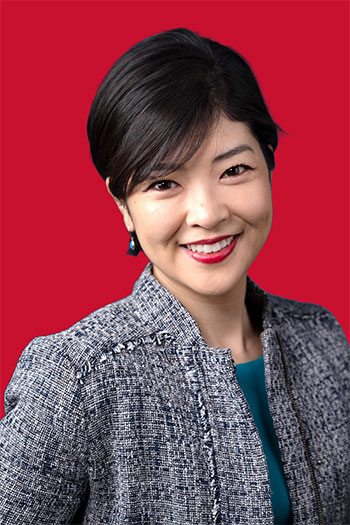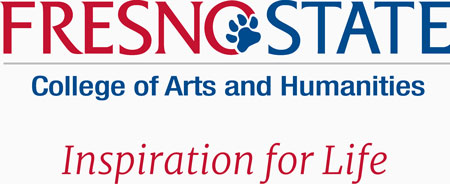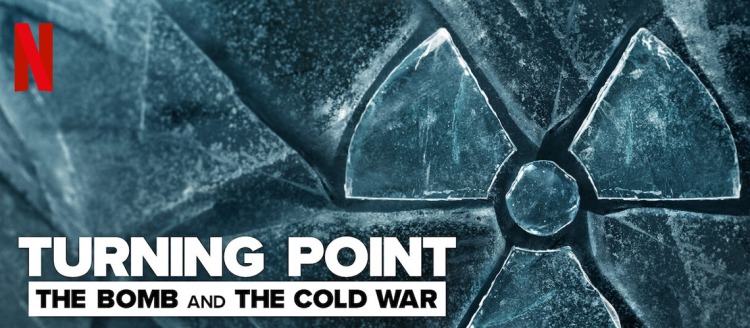As the March 12 release of the “Turning Point: The Bomb and the Cold War” Netflix series approaches, excitement is building in the Department of Media, Communications and Journalism and across Fresno State. One of their new Assistant Professors, Hanayo Oya, worked as a co-producer on the show, and the third episode includes an interview with Dr. Lori Clune, professor of history at Fresno State.
The scope of the project was massive, with over 100 people interviewed in seven different countries.
“I was in charge of field production in Japan, where I secured interviews with survivors of the atomic bombings of Hiroshima and Nagasaki, along with experts related to the series topic, the Cold War,” Oya said.
As co-producer on the series, Oya collaborated with executive producers, other producers and the production team. Her job included developing content and structure, research, securing interviews, coordinating filming schedules and overseeing the editing and post-production, all while making sure her piece of the project stayed on schedule and on budget.
“One of the most profound moments during my time on this project was the opportunity to meet several Hibakusha, the survivors of the atomic bombings of Hiroshima and Nagasaki,” Oya said. “These encounters were not just meetings; they were deeply moving experiences that left an indelible mark on me. As they shared their stories, they peeled back the layers of history, recounting the horrors they endured during and after the war.”
Surviving the blast was only the beginning for the Hibakusha. The “black rain” came next, a radioactive poison that affected countless lives long after the bombing ended.
“These individuals, who were frequently forgotten in post-war Japan, carried the unspoken burden of their exposure to radiation. They struggled with health problems and societal disregard.”

According to Netflix, “The Bomb and the Cold War” interviews reveal deeply personal stories that show how much the Cold War transformed lives and shaped world history. From survivors of the atomic bomb dropped on Hiroshima to extensive filming in Ukraine, Germany and some of the former Soviet Republics, the series includes interviews with seven current or former world leaders, including Ukrainian President Volodymyr Zelenskyy and prominent political figures like NATO Secretary General Jens Stoltenberg, former CIA Director Robert Gates and former Secretary of State Condoleezza Rice.
The series also features key figures of the Cold War, including the son of Julius and Ethel Rosenberg, prominent German protest leaders who helped topple the Berlin Wall, and one of the last long-form interviews with nuclear activist Daniel Ellsberg, who described the United States classified nuclear plans as “institutional insanity.” The nine-part docuseries, Netflix says on their website, is an exploration of the decades-long conflict between the United States and the Soviet Union framed by current events that make it clear we are still feeling the effects of the Cold War.
Oya said she is excited to see the reaction from her students and looks forward to hearing their engagement and perspectives.
“I am thrilled about the potential impact that the series may have in inspiring a passion for storytelling and documentary filmmaking among our students. For those in the MCJ department, I hope this project serves as a catalyst to inspire them to push their boundaries and pursue endeavors at a global level.”
Netflix has an audience of 260 million subscribers worldwide. “The Bomb and the Cold War” is the second season in the “Turning Point” franchise. The first was “9/11 and The War On Terror,” released in 2021.
Oya is currently working on several international projects but is interested in turning her camera to explore the rich tapestry of the Japanese-American community here in the Valley, including the history of internment during WWII. She will also be speaking at UNESCO’s World Press Freedom Day 2024 academic conference in Santiago, Chile, on May 4th regarding the state of journalism in Asia and Africa.


One thought on “MCJ professor works as co-producer on ‘Turning Point’ Netflix series”